DEFRA delays digital waste tracking till 2026
Initially scheduled for implementation in April 2025, on 5 February the Department for the Environment, Food and Rural Affairs (DEFRA) announced that it has put back the start date to April 2026. While this extension applies to multiple waste streams, it holds particular significance for the tyre industry, the British Tyre Manufacturers’ Association (BTMA) said in a statement, acknowledging the recent announcement from DEFRA and the devolved administrations.





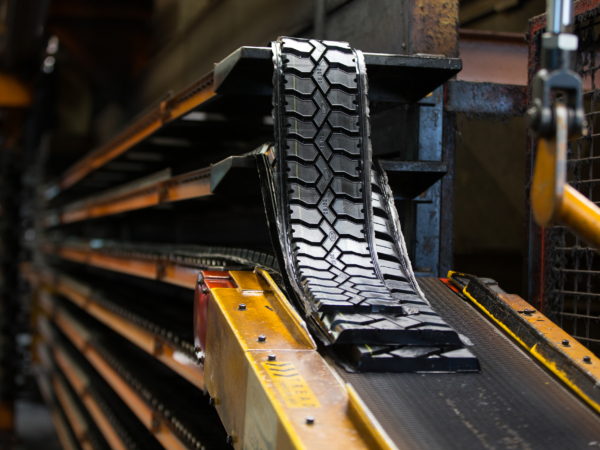



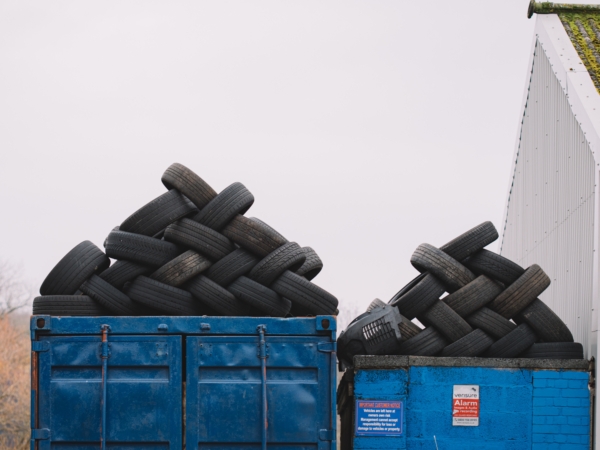 Ellie Burgin; Pexels
Ellie Burgin; Pexels Dendoktoor
Dendoktoor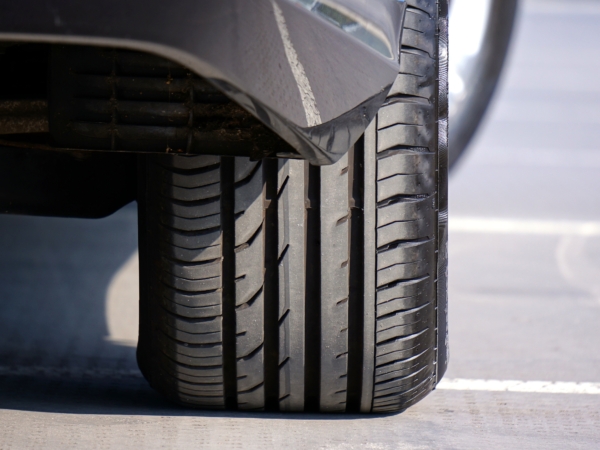 Mike’s Photography
Mike’s Photography
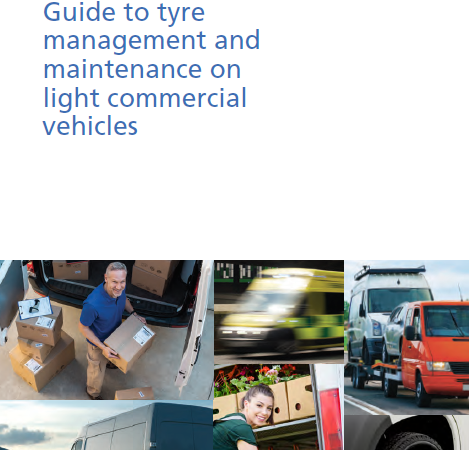
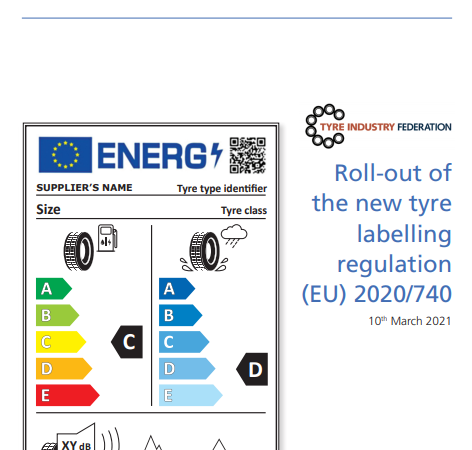 TIF
TIF BTMA
BTMA
